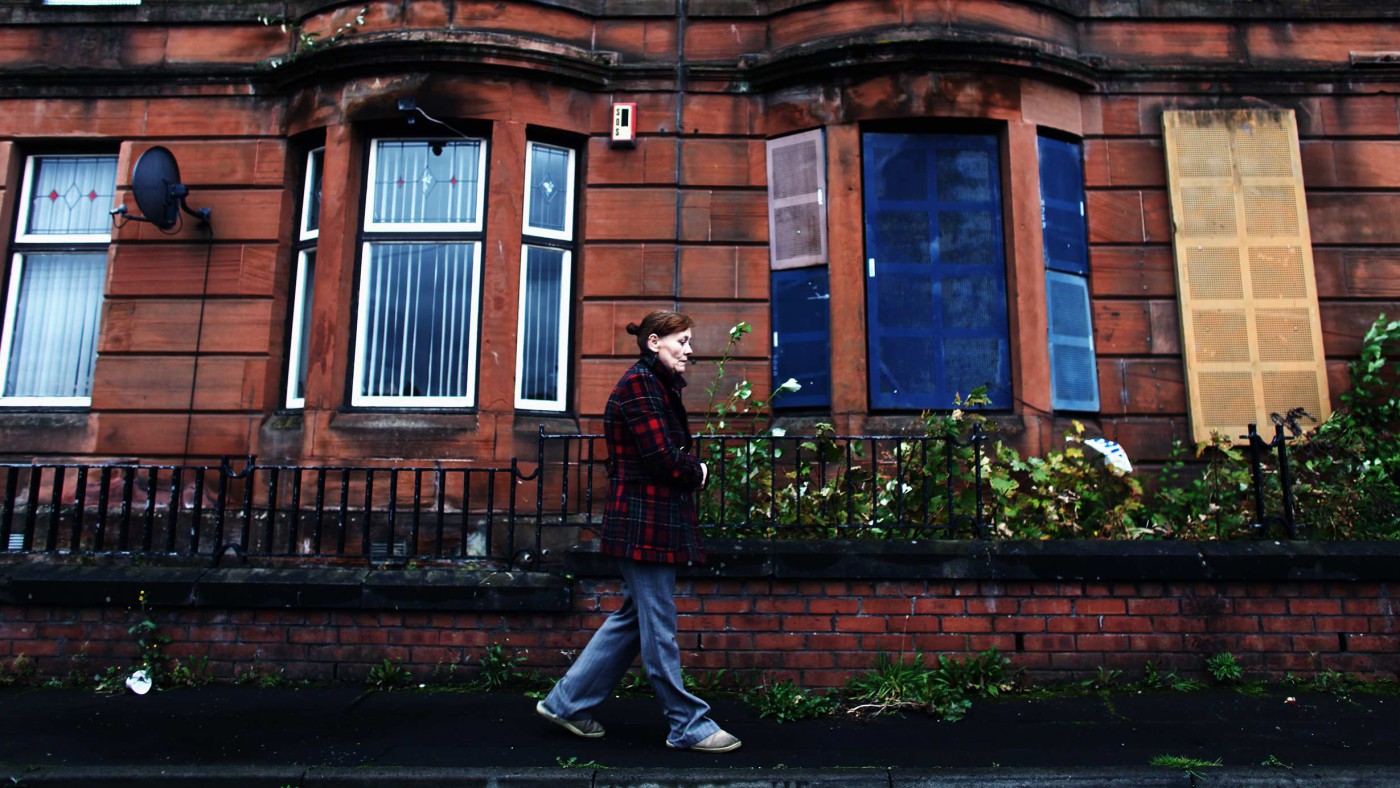It all started in 2003, quite unexpectedly. Iain Duncan Smith had been the leader of the Tory party for two years, without ever looking like a convincing opponent for Tony Blair. So his party got rid of him, even before he had lost an election.
IDS was entitled to feel hard done by, or to decide that after putting so much effort into politics, he should now devote his energies to himself. He could easily have picked up some non-executive directorships in the City, which would have paid him a significantly higher salary for a lot less work. He chose a different path.
He did indeed go to a city: the city of Glasgow. He wanted to understand poverty: what is it that makes people poor and then keeps them poor. He decided to set up a think-tank to study these questions, and called it the Centre for Social Justice. As social justice is a profoundly socialist concept, traditional Tories did not know how to respond. The term ‘justice’ comes from law. The assumption is that when dealing with a crime or a commercial dispute, law can be used to achieve a just outcome. But society is vastly more complex. By calling for a socially just outcome, lefties mean egalitarianism: the reconstruction of society on socialist – indeed communist – principles. It had therefore been assumed that any wise Tory would have nothing to do with the term.
That said, there is something exhilarating about stealing one’s opponents’ clothes and leaving them rhetorically naked. Moreover, when Tories overcame their alarm at the unfamiliar terminology, they realised that they could contribute to the debate. Far too many children were being brought up in a socially unjust environment. Negligent parents, whose destructive impact was reinforced by bad schools: in later life, a ‘welfare’ system which encouraged idleness: the ideals of those who created the welfare state had been discarded as welfare was replaced by ‘ill-fare’.
Academies and free schools to replace the bog-standard comprehensive, early intervention to mitigate the effect of bad parenting, a recasting of welfare to eliminate its demoralising effects – in all of these areas, the first-term Cameron government introduced changes which are cultural as well as legislative and which should produce results that a Tory, after swallowing hard, could describe as ‘social justice’.
Even so, there is a problem. Wise Tories would only use the term if it were hedged about by caveats. In the Tory lexicon, a social injustice is something that restricts access to equality of opportunity. It is not an excuse to reshape society or to recast human nature. But in left-speak, social justice is the harbinger of equality. Here, Tories have been careless. Some of them have been far too ready to toss around the word equality without adding the vital qualification: “of opportunity.” In the Department of Education, two Ministers have equality or equalities as part of their title.
At the moment, this does not seem to matter. The British Left has suffered a collapse of intellectual self-confidence. Some Leftist commentators have argued that the Labour party should distance itself from egalitarianism. But that is the sort of reaction one can expect after an unexpected defeat. It does not justify Tory complacency. Wise Tories should keep up their guard. To paraphrase Tony Blair, the left is not dead, only sleeping.
Margaret Thatcher knew all about the dangers of egalitarianism. She also believed in repetition. Again and again, she told the British people that you do not relieve poverty by impoverishing the rich. Although she did not use the term, she believed that equality would lead inevitably to equality of misery, and that only a society in which the successful could prosper could generate the resources to help the needy. You need inequality of outcome in order to pay for equality of opportunity.
She could point to the example of Soviet Russia: the commissars living in comfort, while everyone else was queuing for black bread and mouldy potatoes. So she expounded freedom with passion, including the freedom to be unequal. Up to now, David Cameron has avoided justifying inequality. He prefers to insist that we are all in this together. But this is the moment to change the terms of debate, albeit subtly, and to make the case that far from undermining equality of opportunity, inequality of outcome is essential in order to finance it.


